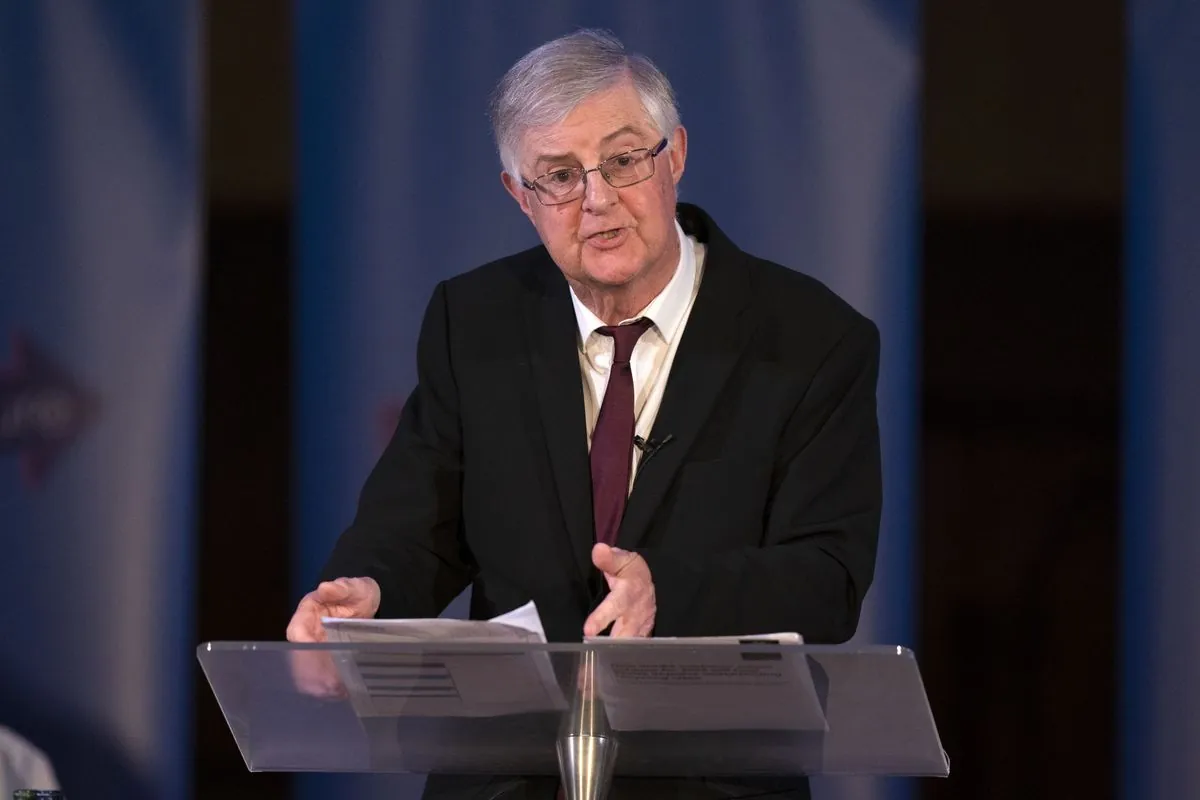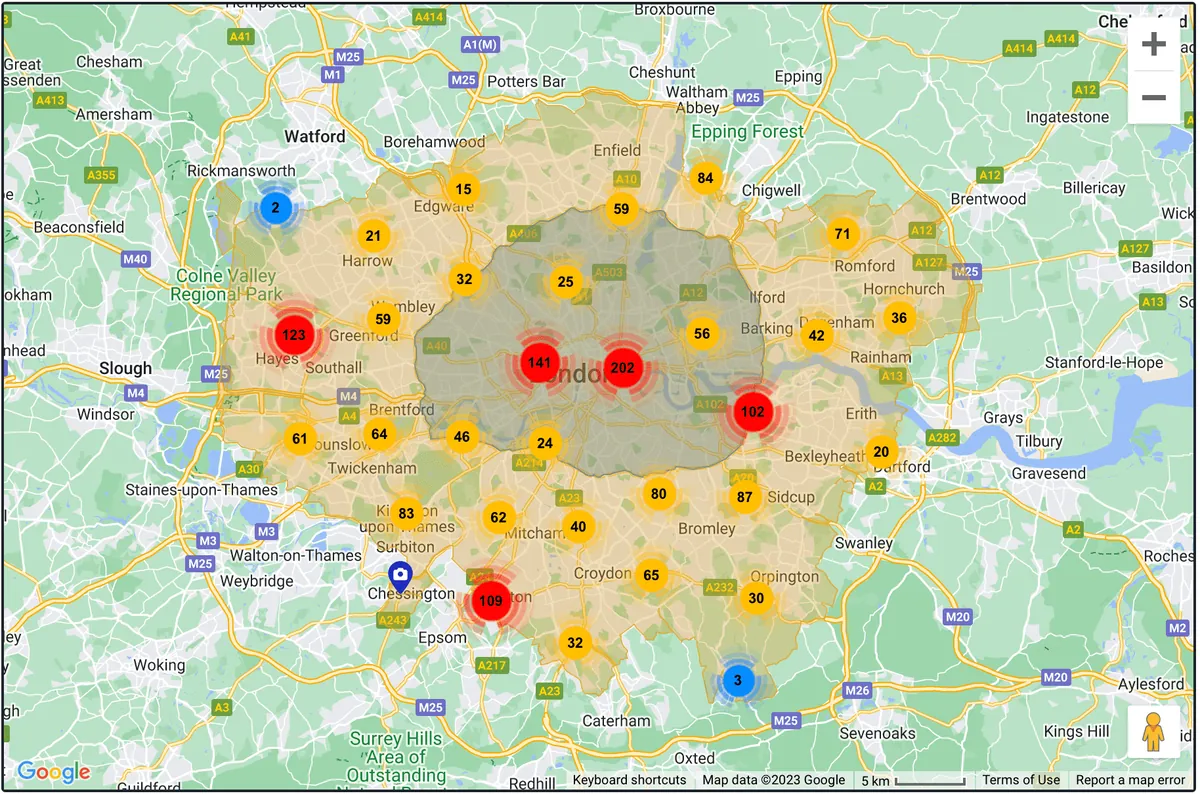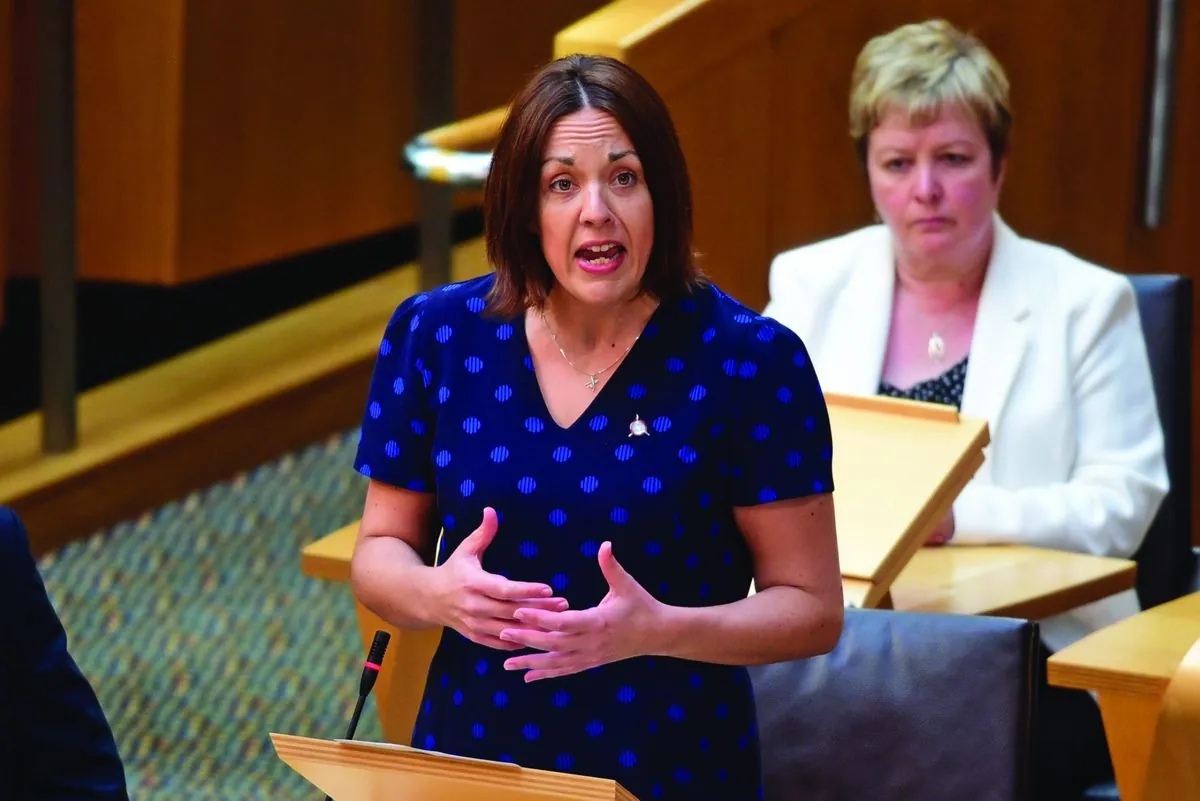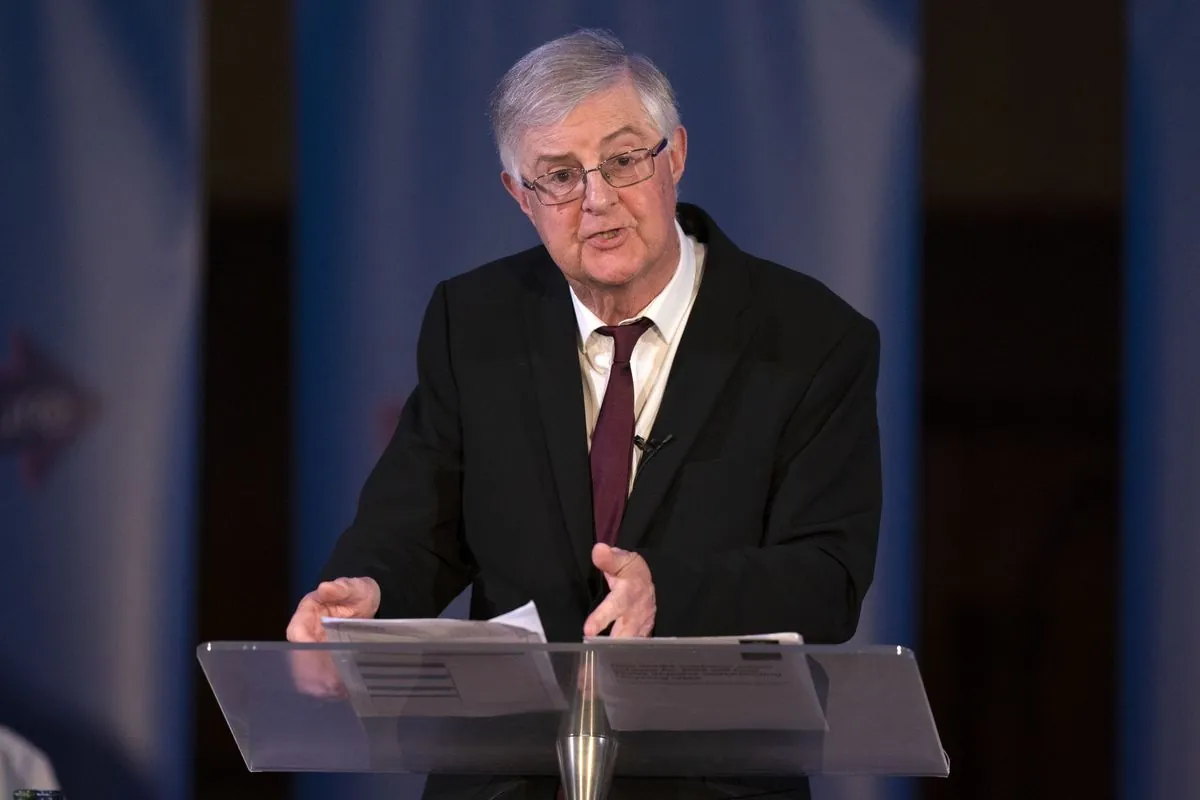Welsh Labour Mulls Income Tax Hike, Diverging from UK Party Stance
Welsh Labour considers raising income tax, potentially conflicting with UK Labour's no-tax-increase pledge. Mark Drakeford, former Welsh first minister, says the option will be debated in December's budget process.

Welsh Labour is contemplating an increase in income tax, a move that could potentially clash with the UK Labour Party's commitment to maintain current tax rates. This development comes just months after Welsh voters were assured that income tax rates would remain stable.
Mark Drakeford, who transitioned from his role as Welsh first minister to finance secretary in March 2024, has indicated that tax changes will be a topic of discussion during the Welsh Government's budget deliberations in December. Drakeford stated that income tax increases would "of course" be considered, noting their potential to generate "significant amounts" of revenue. However, he also expressed caution about pursuing this course of action.
This consideration of tax increases stands in contrast to the UK Labour Party's general election manifesto, which pledged no rises in income tax rates. Sir Keir Starmer, the leader of the UK Labour Party, continues to reiterate this promise. It's important to note that the Welsh Government, while also led by Labour, operates independently and possesses some tax-varying powers since 1999.

The potential tax increase in Wales could present political challenges for Sir Keir Starmer. Although the Welsh and UK Labour parties are separate entities, critics may argue that raising taxes on "working people" in Wales contradicts the spirit of Starmer's promise. This situation highlights the complex relationship between devolved governments and the central UK government, a system in place since Wales gained devolved powers in 1999.
Peter Fox, the Welsh Conservative shadow minister for finance, has called on Labour to rule out tax increases in Wales. Fox warned that such a move would be "punitive" and "hit people in their pockets." He also criticized Labour's priorities, mentioning their basic income pilot project and plans to increase the number of politicians in the Senedd, which currently has 60 members.
The Welsh Government's budget, scheduled for December 10, 2024, will be a crucial moment for determining the direction of Welsh fiscal policy. This comes at a time when Wales faces unique economic challenges, with a higher poverty rate than the UK average and a smaller economy compared to Scotland or Northern Ireland.
Meanwhile, uncertainty persists regarding which taxes Sir Keir Starmer and Rachel Reeves might consider increasing in the UK Budget on October 30, 2024. While income tax, National Insurance, and VAT increases have been ruled out, there's speculation about potential hikes in wealth-related taxes such as capital gains tax and inheritance tax.
As Wales continues to exercise its distinct legal jurisdiction, established in 2017, and manages its own tax collection through the Welsh Revenue Authority, the upcoming budget decisions will have significant implications for its 3.1 million residents. The Welsh Government's control over areas like health and education, combined with its ambitious climate change targets, adds further complexity to its fiscal considerations.
"We will look at it of course, as we always do, it is an important lever the Welsh government has. In the budget process there will undoubtedly be a cabinet debate about whether or not we should change the Welsh rates of income tax. There is every year, in my experience, particularly the toughest years."
As the debate unfolds, it remains to be seen how Welsh Labour will balance its fiscal needs with the broader political implications of its decisions, especially in light of the next scheduled Welsh election in 2026.


































